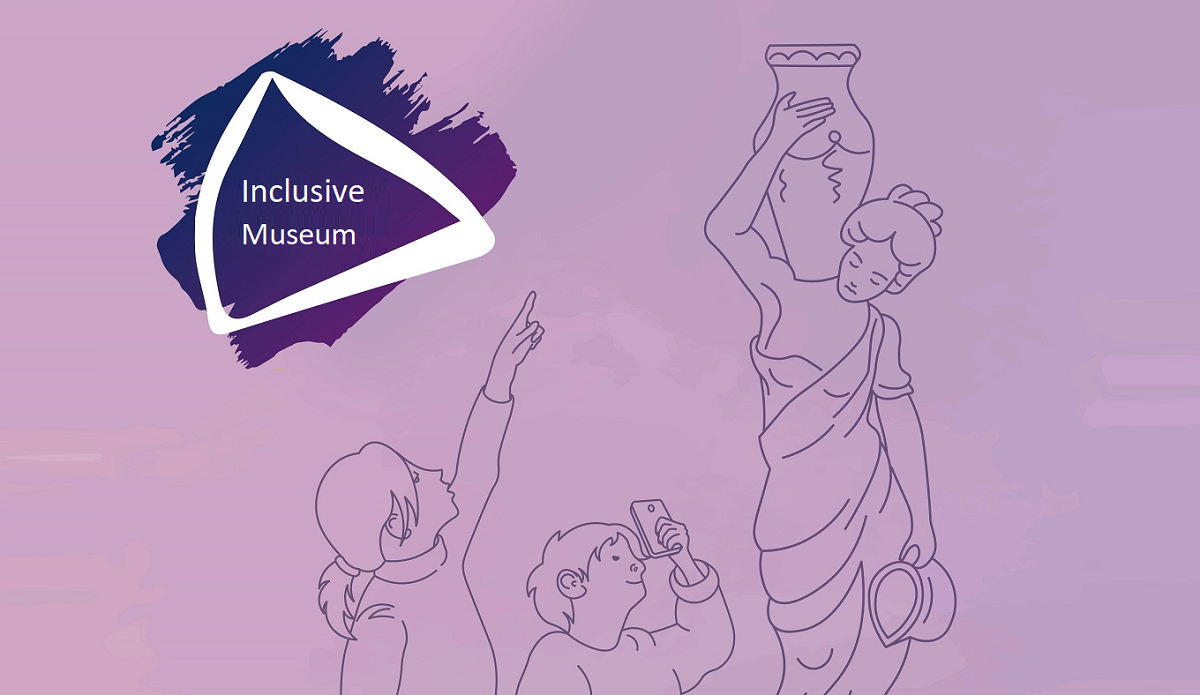Project ‘Inclusive Museum’
In 2017, ICOM Russia in cooperation with the social project ‘Wonder Wheel’ and with the support of Sberbank’s Charitable Foundation ‘Investment in the Future’ launched the long-term project ‘Inclusive Museum’ aimed at developing the best museum practices of socialization, creative expression and rehabilitation of people with disabilities, especially children with mental disability, as well as building an accessible environment in museums.

The project consists of several mutually reinforcing elements:
-
Education of museum specialists: the project team created short animated videos and illustrative recommendations for museum staff about the principles of interaction with children with mental disabilities to overcome existing communication and attitudinal barriers. Moreover, the team regularly conducts webinars and trainings, creates collections of best practices and guidelines for museum specialists on working and organizing effective programs for these children.
-
Museum contest of the best inclusive programs for children with mental disabilities followed by subsequent funding of these programs.
-
Raising awareness about museum inclusion: one of the key elements here is a website with successful practices of how museums work with people having disabilities and facilitating knowledge sharing in this field: www.in-museum.ru.
The ‘Inclusive Museum’ project team has also developed a special Online Checklist of accessible environments in museums. The Online Checklist systematizes the experience and knowledge accumulated by the professional community. By filling it out, museum professionals can get practical recommendations that allow them to make their museums more comfortable and attractive for people with mental disabilities.
In 2021, the project team launched the ‘Study of the Model of Prolonged Interaction with the Target Audience of Inclusive Museum Programs’. This study is intended to help improve and standardize the mechanism of how museums interact with the target audience, as well as to describe the possibilities of using visitors' feedback to improve museum programs.
The project involves reliable and authoritative partners: museums that have a successful experience of implementing inclusive programs, as well as social and charity organizations that support people with different forms of disabilities. Based on the interdisciplinary approach, the project unites experts from cultural, educational and social spheres. The fact that it brought into the fold so many like-minded people has proved its social significance and sustainability.